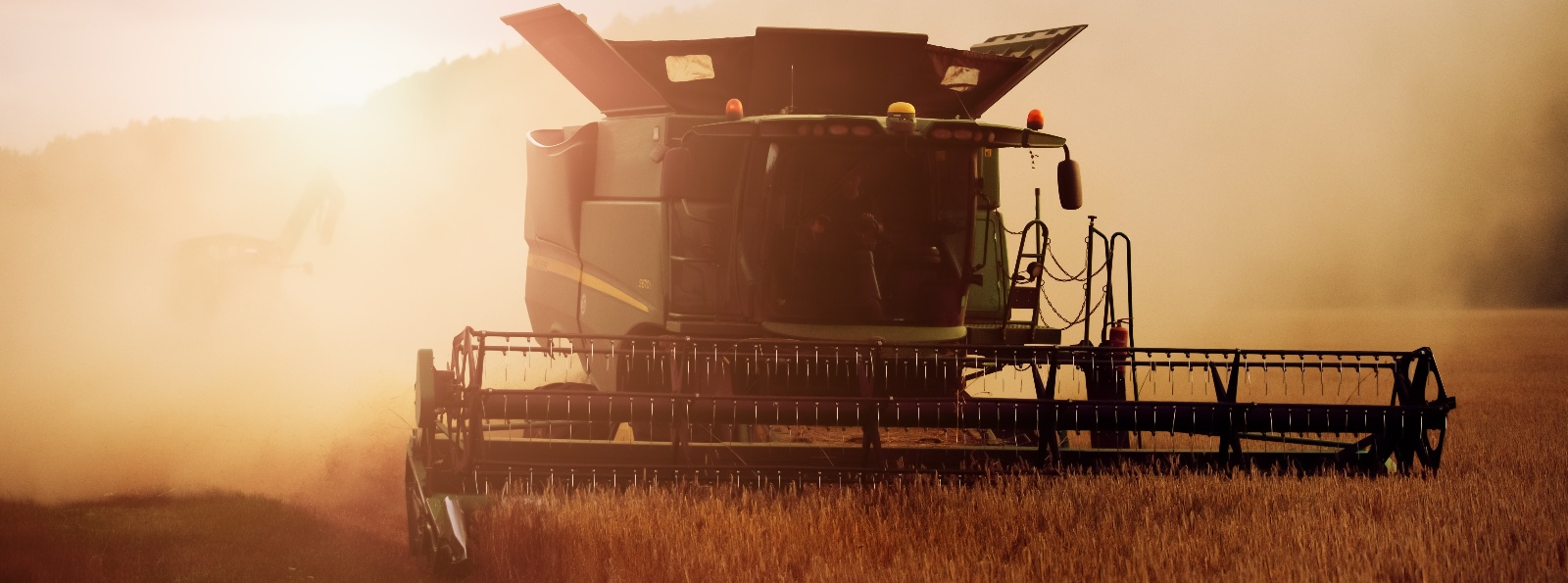The Hidden Costs of Using Worn-Out Tires on Your Farm Equipment
The Hidden Costs of Using Worn-Out Tires on Your Farm Equipment
When it comes to updating farm equipment, tires are often an afterthought. However, using worn-out tires on your farm equipment can have hidden costs that can impact your farm's performance and bottom line.
So, here are five reasons why using old tires on your farm equipment can be detrimental and the hidden costs associated with it.
- Reduced Traction and Performance: Traction is essential for farm equipment to operate efficiently. Worn-out tires with reduced tread depth and poor traction can lead to slippage and reduced performance in the field. This can result in increased fuel consumption as the equipment has to work harder to gain traction, leading to higher operating costs. Additionally, reduced traction can affect the overall productivity of your farm, as it can cause delays in planting, harvesting, and other crucial operations.
- Increased Risk of Accidents: Old tires can pose a safety hazard on your farm. As tires wear down, they become more susceptible to punctures, blowouts, and other damage, increasing the risk of accidents. This can not only cause damage to your farm equipment but also pose a danger to the operator and other workers on your farm. Accidents can result in costly repairs, medical expenses, and potential legal liabilities, which can significantly impact your farm's budget.
- Decreased Soil Health: Farmers understand the importance of maintaining healthy soil for optimal crop growth. Using worn-out tires on your farm equipment can negatively impact soil health. As tires wear down, they release tiny particles called microplastics into the soil, which can persist for years and accumulate over time. These microplastics can affect soil structure, water retention, and nutrient cycling, ultimately reducing crop yield and profitability.
- Increased Maintenance and Replacement Costs: Using old tires on your farm equipment can lead to increased maintenance and replacement costs. As tires wear down, they require more frequent repairs, such as patching or re-treading, which can be time-consuming and costly. In some cases, worn-out tires may not be repairable, and you may need to replace them entirely, adding to the overall cost of maintaining your farm equipment. Moreover, the downtime required for tire repairs or replacement can result in lost productivity and revenue for your farm.
- Decreased Fuel Efficiency: Fuel costs are a significant expense in farming operations, and using worn-out tires can decrease fuel efficiency. As tires wear down, they create more rolling resistance, which requires more energy to overcome, resulting in higher fuel consumption. This can quickly add up over time, resulting in increased fuel costs that can impact your farm's profitability.
Using worn-out tires on your farm equipment may seem like a cost-saving strategy in the short term, but it can have hidden costs that can impact your farm performance and profitability in the long run. Reduced traction, increased risk of accidents, decreased soil health, higher maintenance and replacement costs, and decreased fuel efficiency are some of the hidden costs associated with using old tires on your farm equipment. To ensure optimal farm performance, investing in high-quality tires and prioritizing regular tire maintenance and replacement is crucial.
The upfront investment in new tires can save you money in the long run and contribute to a more productive and profitable farm. Don't let the hidden costs of worn-out tires impact your farm operations - invest in quality tires for your farm equipment today!


